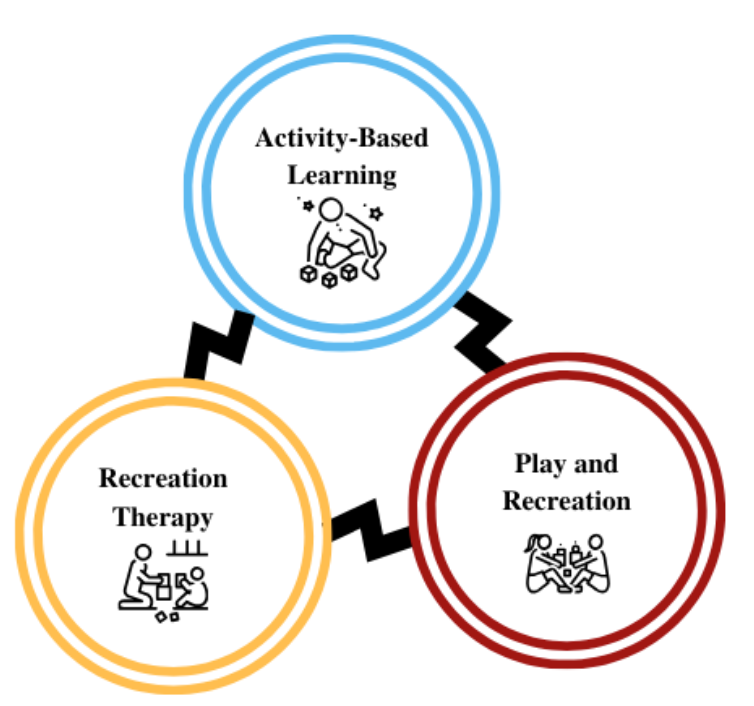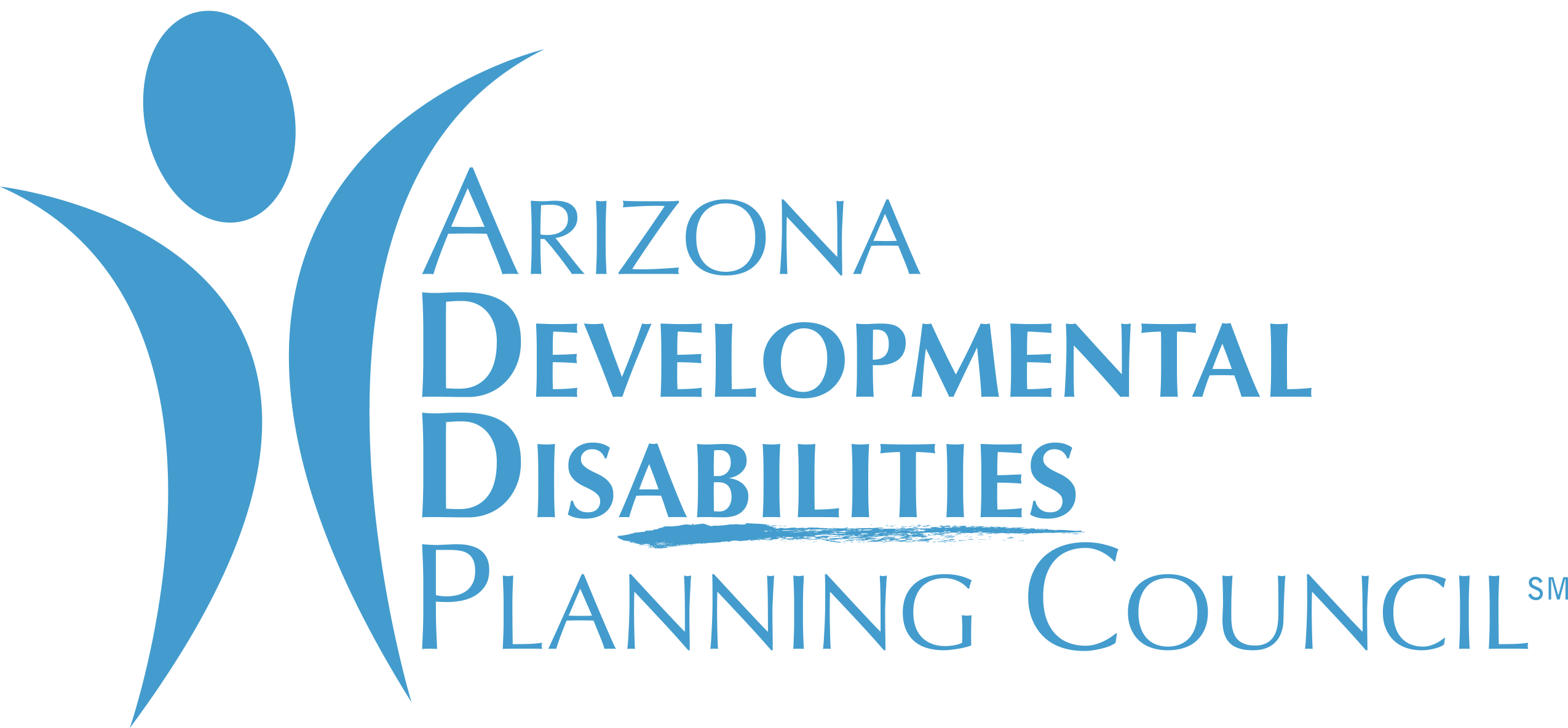Grant Project Spotlight: Therapeutic Inclusive Recreation

Year One: 2019-2020
Two schools in the Phoenix Metro area were sites for the first year of a ADDPC grant-funded therapeutic and inclusive recreation programming (TIRP) project managed by a team from Arizona State University in 2019 and 2020.
The goal was to use inclusion for connectedness and valued involvement among 5th and 6th grade students at two schools in Arizona, Village Meadows Elementary School in Deer Valley Unified School District and Madison No. 1 Middle School in the Madison School District.
Two Schools, Two Activity Models
WOW Wednesdays at Village Meadows: WOW Wednesday initially consisted of four 45-minute recreational therapy sessions provided one time per week with each 5th grade and 6th classroom to promote social-emotional health and self- determination, and integrate the use of purposeful inclusive activity-based learning in the classroom.
Rockin' Recess at Madison No. 1: Rockin’ Recess initially consisted of two 20-minute inclusive recreation programs provided twice a week with 5th and 6th graders during recess to encourage purposeful engagement and develop leisure education and skills. Students were given the autonomy to choose from 3-5 structured activities focused on leisure education and applying social emotional concepts through play.
After the initial planned activities, recreation therapists modified the program once schools closed in March due to the COVID-19 pandemic. You can read the full TIRP Year One report to find out how coordinators remained flexible and on track through the changes.
The TIRP programs were developed through collaborative partnerships between the university, the two public schools, and a local nonprofit organization, Daring Adventures.
Kelly Ramella led the project out of the School of Community Resources and Development in the Watts College of Public Service & Community Solutions at Arizona State University.
Key findings from year one include:
Recommendation #1: Increase positive shared inclusive recreation experiences with students and school staff to enhance school connectedness
Recommendation #2: Increase opportunities for meaningful inclusive recreation for all students to promote social-emotional health and self-determination
Recommendation #3: Strategically implement a continuum of quality recreational therapy, activity-based learning, and structured autonomous play and recreation to promote greater inclusion
Recommendation #4: Mobilize interprofessional learning communities to transform and sustain inclusive recreation practices
Recommendation #5: Leverage existing funding sources to optimize integration of individualized inclusive recreation practices
Recommendation #6: Develop collaborative partnerships between K-12 institutions, university academic programs, and community organizations to mobilize the internal assets of individual schools and external resources in the community







